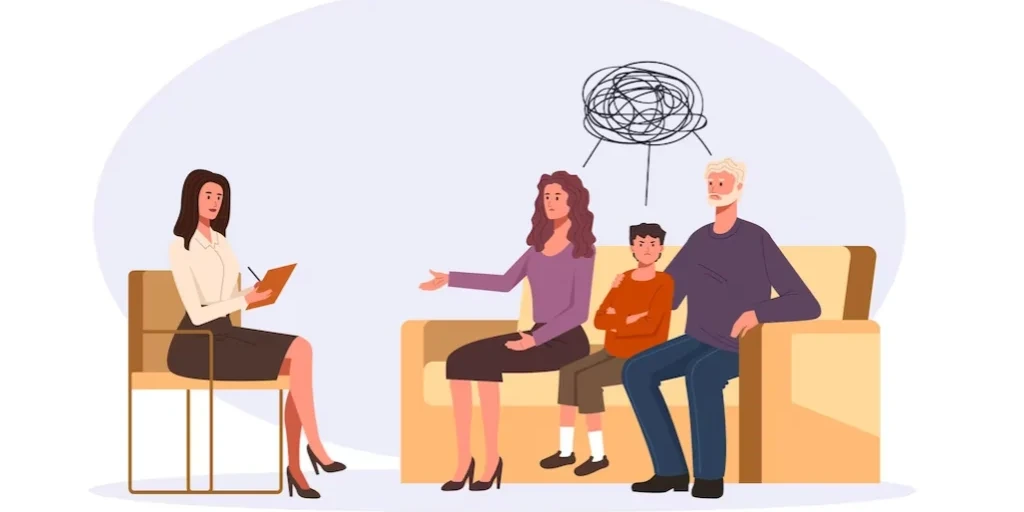24/7 Helpline:
(866) 899-221924/7 Helpline:
(866) 899-2219
Learn more about Residential Rehab centers in Jim Hogg County

Other Insurance Options

American Behavioral

Holman Group

PHCS Network

Optum

Carleon

Medical Mutual of Ohio

Aetna

WellCare Health Plans

BHS | Behavioral Health Systems

Excellus

Horizon Healthcare Service

Group Health Incorporated

Lucent

Kaiser Permanente

WellPoint

MHNNet Behavioral Health

Ceridian

GEHA

UnitedHealth Group

Multiplan


















Border Region Mental Health
Border Region Mental Health is a private rehab located in Hebbronville, Texas. Border Region Mental ...